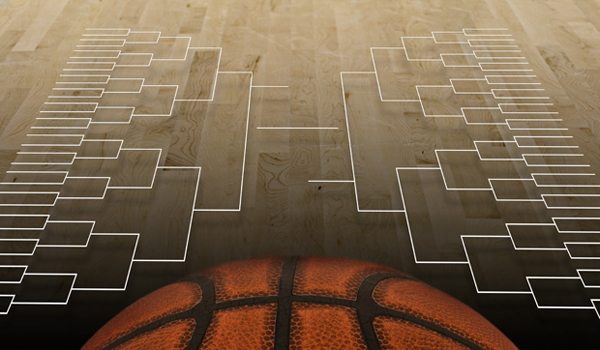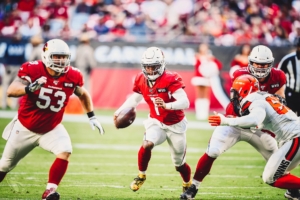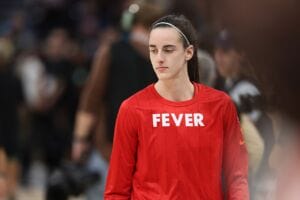9.2 quintillion.
That’s the number of possible options for your NCAA tournament bracket.
With a number that high, it’s no wonder no perfect bracket has ever been recorded. The closest anyone has ever gotten with a perfect bracket was in 2010. A 17-year-old autistic student out of Chicago, Alex Herrman, had his entire bracket correct up until the Sweet Sixteen.
Each year, more than 60 million college basketball fans decide to fill out a tournament bracket. Some even go as far as to make it a competition amongst friends to see who can pick the most accurate bracket.
With the rankings officially released, brackets are being constructed amidst the buzz of who’s in (UCLA?), who’s out (Temple?), and who’s the team to beat (Kentucky, no contest).
If you’re one the many who are planning to make a bracket, there are a number of things to keep in mind.
No. 1 isn’t always No. 1
While number one seed teams typically advance fairly far in the rankings, it’s rare they go on to win the whole thing.
In NCAA history, only three overall No. 1 teams have gone on to win the entire tournament (2007 Florida, 2012 Kentucky, and 2013 Louisville).
This year, however, Kentucky may be the one to go through and claim another title. The Wildcats have been undefeated all year and are contending for a perfect season.
Moving down the line, another factor to take into consideration is the No. 4 teams in each part of the bracket. One of the No. 4 ranked teams are bound to go down to a No. 13 team in the first round.
Bring on the upsets.
Cinderella Stories
They’re the games that shatter brackets.
In 2014 when Dayton reached the Elite Eight, college basketball fans were screaming in agony at how much the Fliers upset their bracket.
The year before, Florida Gulf Coast was the one to wiggle their way into the Sweet Sixteen.
Balancing the upsets is a tricky game.
A nine seed team over an eight seed team does not constitute as an upset, although nine seeds hold a slight advantage of 61-59 since 1989. After that, ditch the nine seed. They have about a six percent chance of moving on.
While choosing upsets can be fun, it’s important to not go overboard. According to ESPN, only once has Nos. 13, 14, and 15 seeds advanced out of the first round, and that was in 1991.
Advice?
For starters, you won’t have a perfect bracket. Remember, you have a 1 in 9.2 quintillion chance.
You’re more likely to find a four-leaf clover on your first try or die from a falling coconut than have a perfect NCAA bracket.
The best advice?
Take your time when choosing brackets. Do research on the Nos. 11-15 teams and browse over season stats.
The first round of tournament is March19, and brackets lock on the same day at 12 p.m. ET. If you haven’t created a bracket yet, websites such as cbssports.com and espn.com offer free brackets.
Best of luck, and welcome to March Madness.




